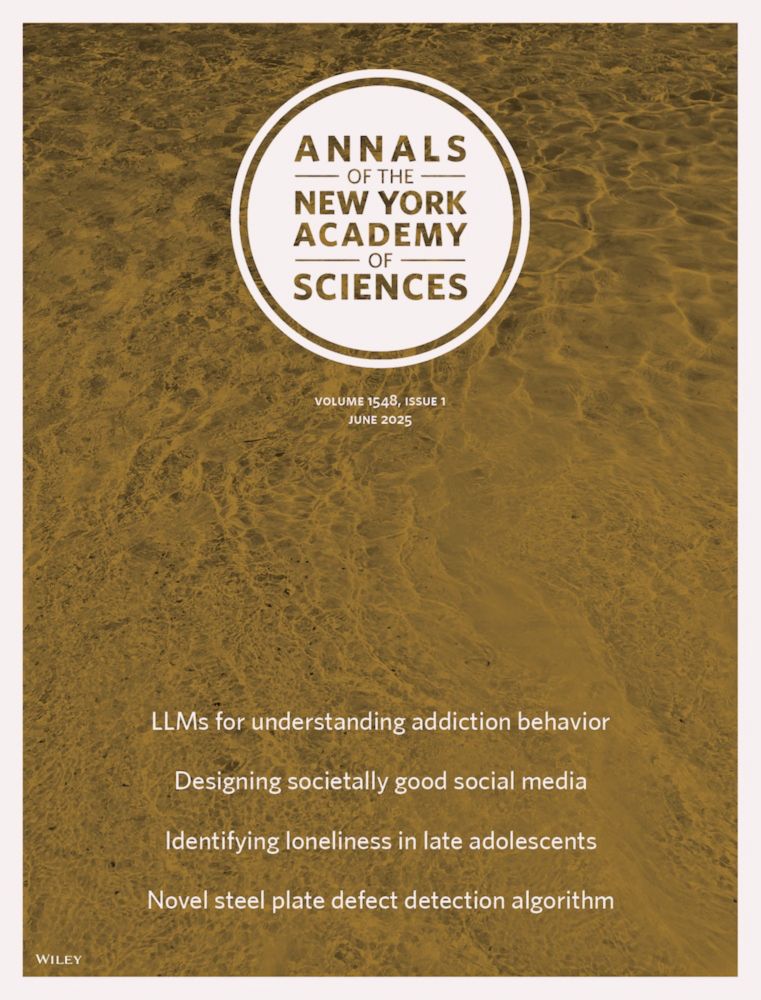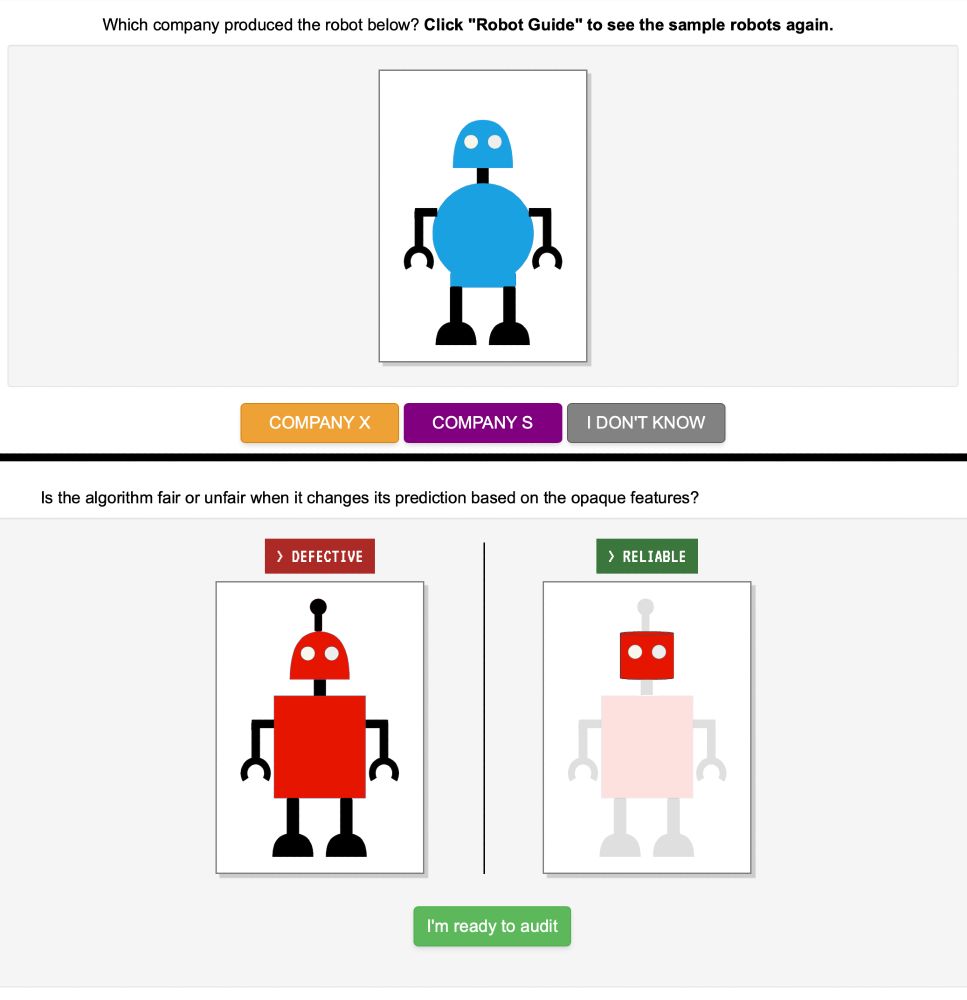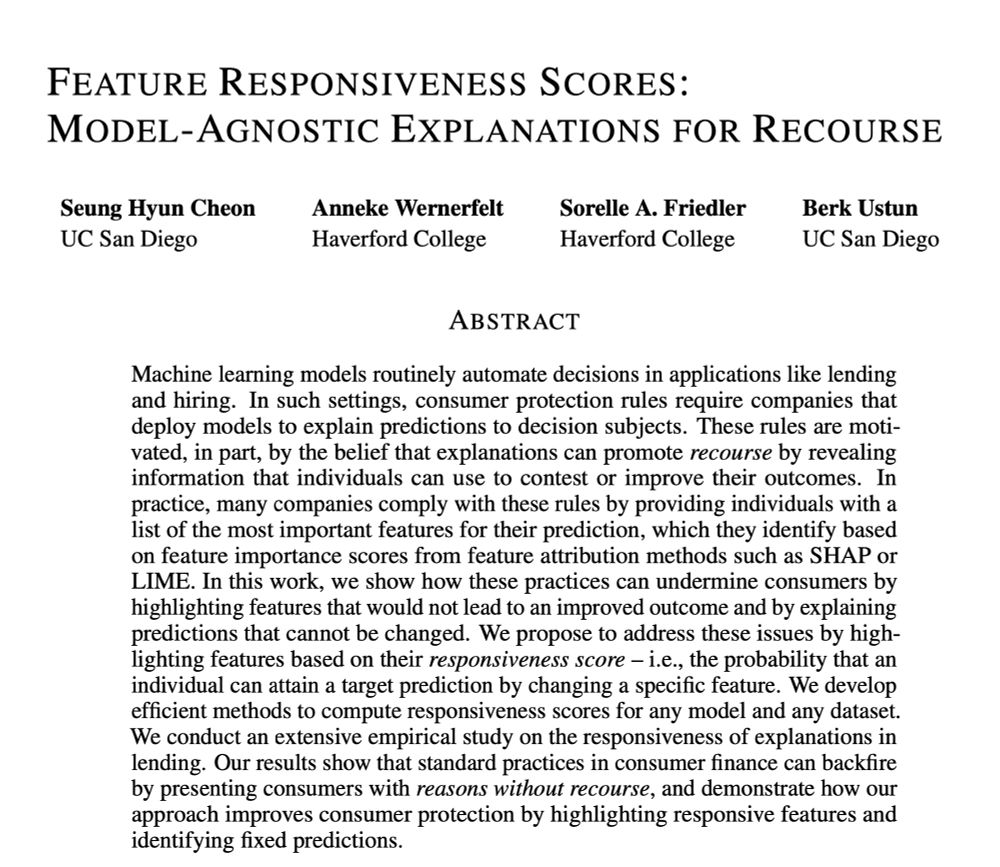Julian Skirzynski
@jskirzynski.bsky.social
520 followers
160 following
47 posts
PhD student in Computer Science @UCSD. Studying interpretable AI and RL to improve people's decision-making.
Posts
Media
Videos
Starter Packs
Reposted by Julian Skirzynski
Ezequiel Lopez-Lopez
@eloplop.bsky.social
· Jul 28

NYAS Publications
Generative artificial intelligence (GenAI) applications, such as ChatGPT, are transforming how individuals access health information, offering conversational and highly personalized interactions. Whi...
nyaspubs.onlinelibrary.wiley.com
Reposted by Julian Skirzynski








